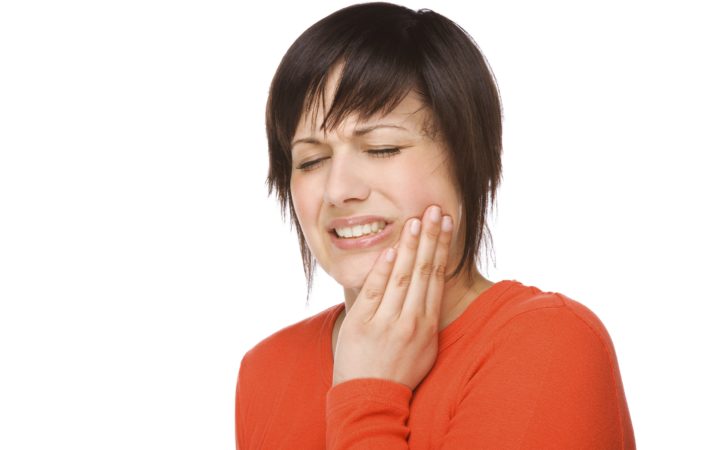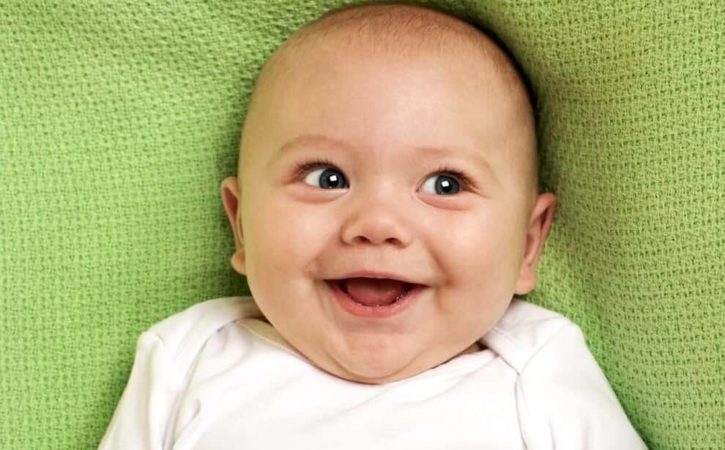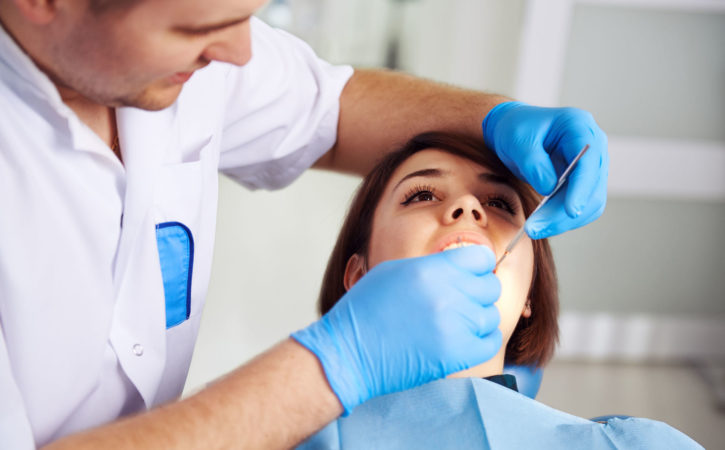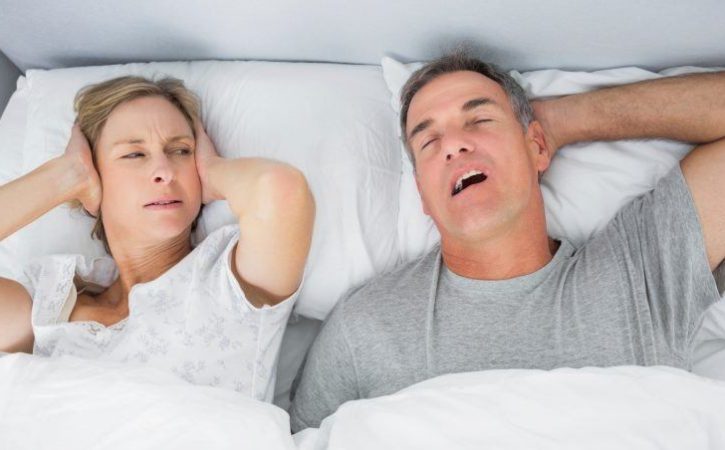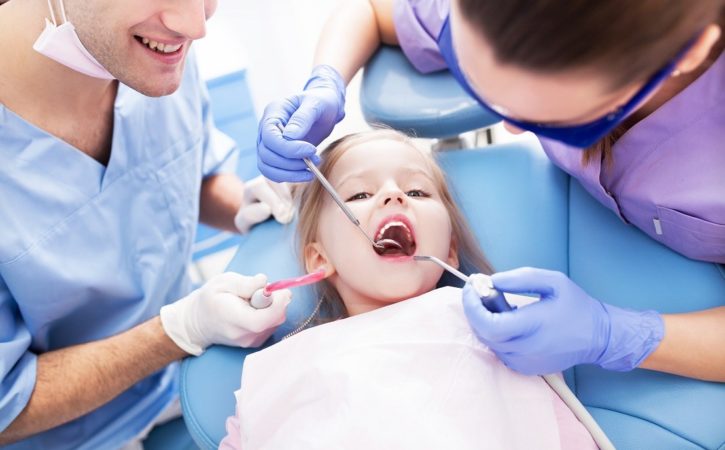A loose tooth is an obvious cause for concern but sometimes loose teeth will correct themselves. However, always consult a dentist if this happens.
The reasons why teeth become loose can include:
– Gum disease also called periodontitis can weaken gums and jaw bone.
– Increased estrogen and progesterone levels during pregnancy can affect bone and tissue in the mouth.
– The bone disease osteoporosis usually affects the wrists, hips and spine but can also damage the jawbone
Probably the most common reason for loose teeth is “impact from a blow to the face” which may occur during play, in an accident or while playing sports.
More details about loose teeth can be found at: https://www.medicalnewstoday.com/articles/322028.php

